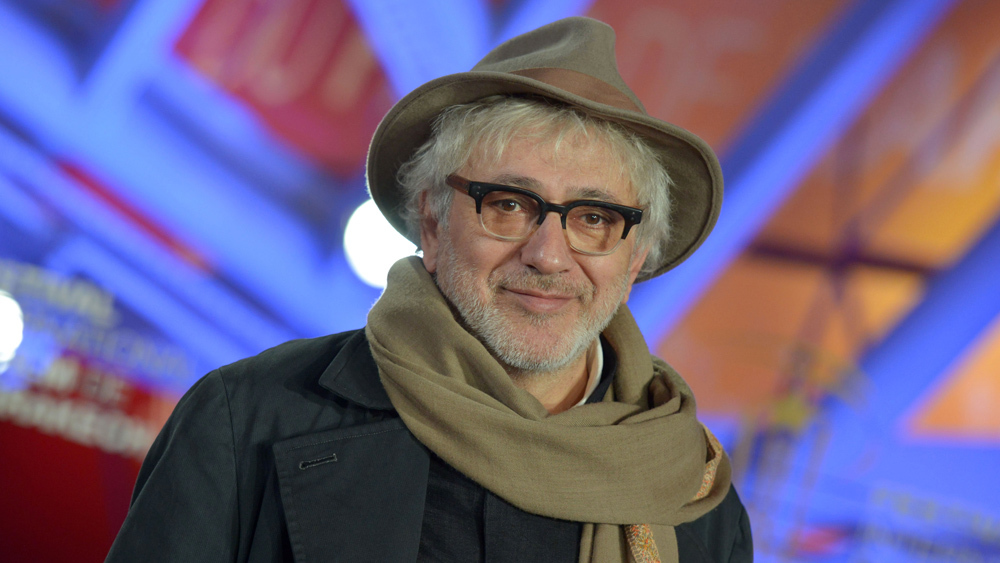A disappointing opening weekend does not a failure make.
Don’t fret, replicants: “Blade Runner 2049” will be just fine. Anyone worried that its disappointing box-office numbers will negatively affect Denis Villeneuve, Ryan Gosling, or Harrison Ford is blissfully unaware of how Hollywood works, and what the film lacks in beaucoup bucks it will more than make up for in cultural cachet.
The reason why is simple: Blockbusters aren’t cool. You know what’s cool? Cult classics. And with little chance of financial success, the critically acclaimed “Blade Runner 2049” is virtually assured to become one.
Such a fate could hardly be more apropos. The original “Blade Runner” was a financial failure that initially divided critics, only coming to enjoy its current vaunted status after its theatrical run went the way of tears in rain. An executive back then may have even made a statement similar to the one Jeff Goldstein, the domestic distribution president of Warner Brothers, released today: “The audience for [‘2049’] was narrower than we anticipated.”
That may be true of the opening-weekend crowd, but give it some time. The more a film is considered to have failed in its initial run, the more likely its self-selecting fanbase will rally around it and attempt to convert others. One might reasonably suggest that there’s significant overlap between those who consider “Blade Runner” their favorite movie and those who enjoy defining their taste in opposition to the perceived mainstream. (You, an idiot: “Blade Runner” is weird and slow; me, an intellectual: “Blade Runner” is the greatest sci-fi film ever made.”)
Now, whenever diehards show the original “Blade Runner” to unsuspecting first-timers, they get to do so in an especially pious manner — everyone likes to be an underdog, and there’s a certain self-important joy in bemoaning the fact that your favorite things were ahead of their time and/or too ambitious for the hoi polloi to understand. As a 163-minute slow burn with little in the way of action and an abundance of philosophical musing, “2049” more than fits the bill.
The film still deserves to find its audience, however small it may be. “Blade Runner 2049” abounds in quiet grace notes that slowly build to a sort of crescendo, the kind that demand to be experienced on the largest screen possible even as they require you to lean in so as not to miss a word. Roger Deakins — whose status as a 13-time Oscar nominee similarly endears fans to him more than a mantle full of trophies ever could — makes all of it more vivid than C-beams glittering in the dark near the Tannhäuser Gate.
“2049” also has a standout scene led by Carla Juri, late of “Wetlands” and “Morris From America,” whose memory-making Ana Stelline proves to be the film’s emotional center. Her small-but-vital performance is emblematic of the film’s most powerful quality: small, human moments amid existential malaise and societal ruin. That may not be a formula for box-office triumph, but its emotional resonance will only grow when adjusted for inflation.
Written by Michael Nordine, first published in indiewire.com






Leave A Comment
You must be logged in to post a comment.